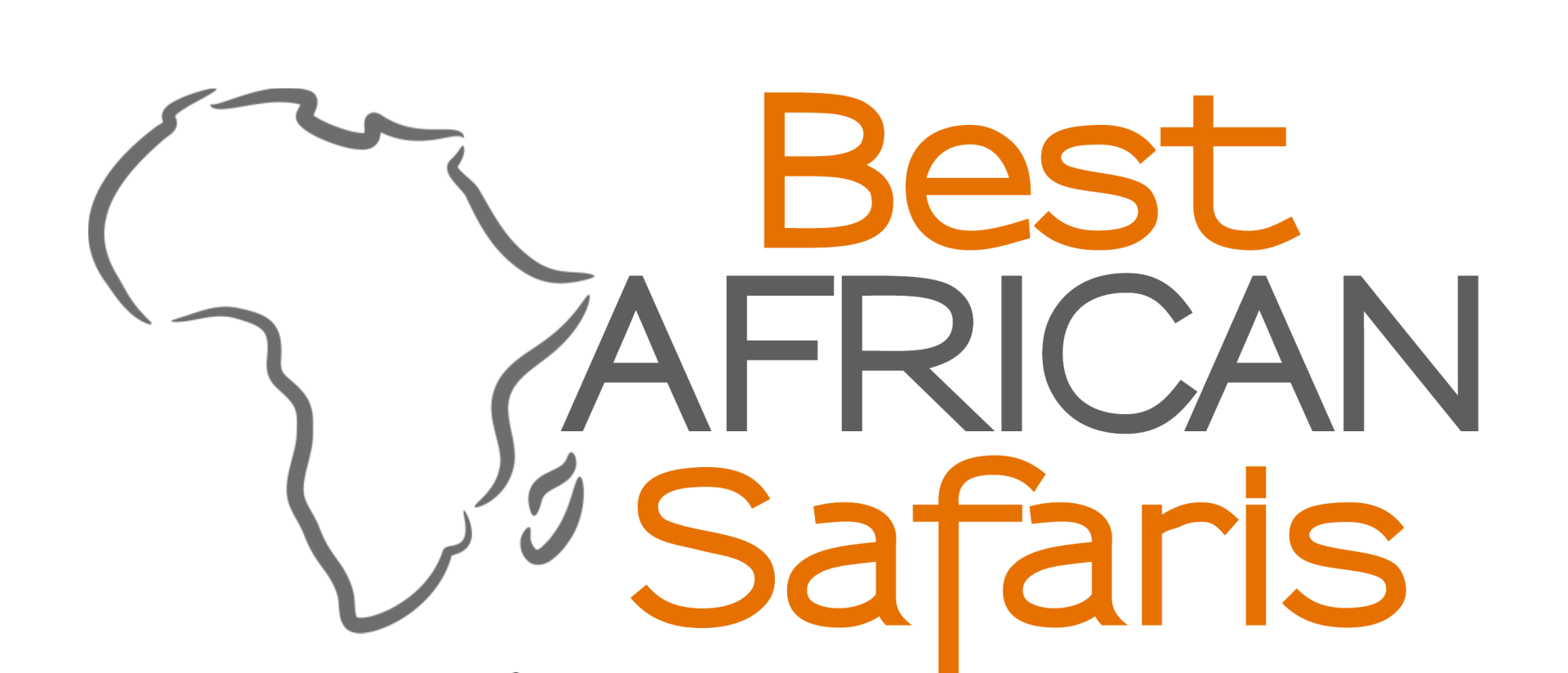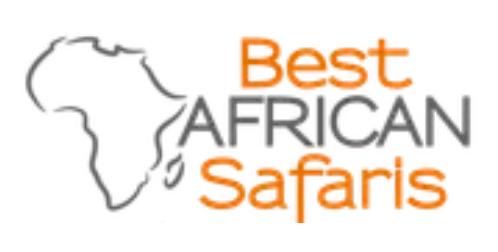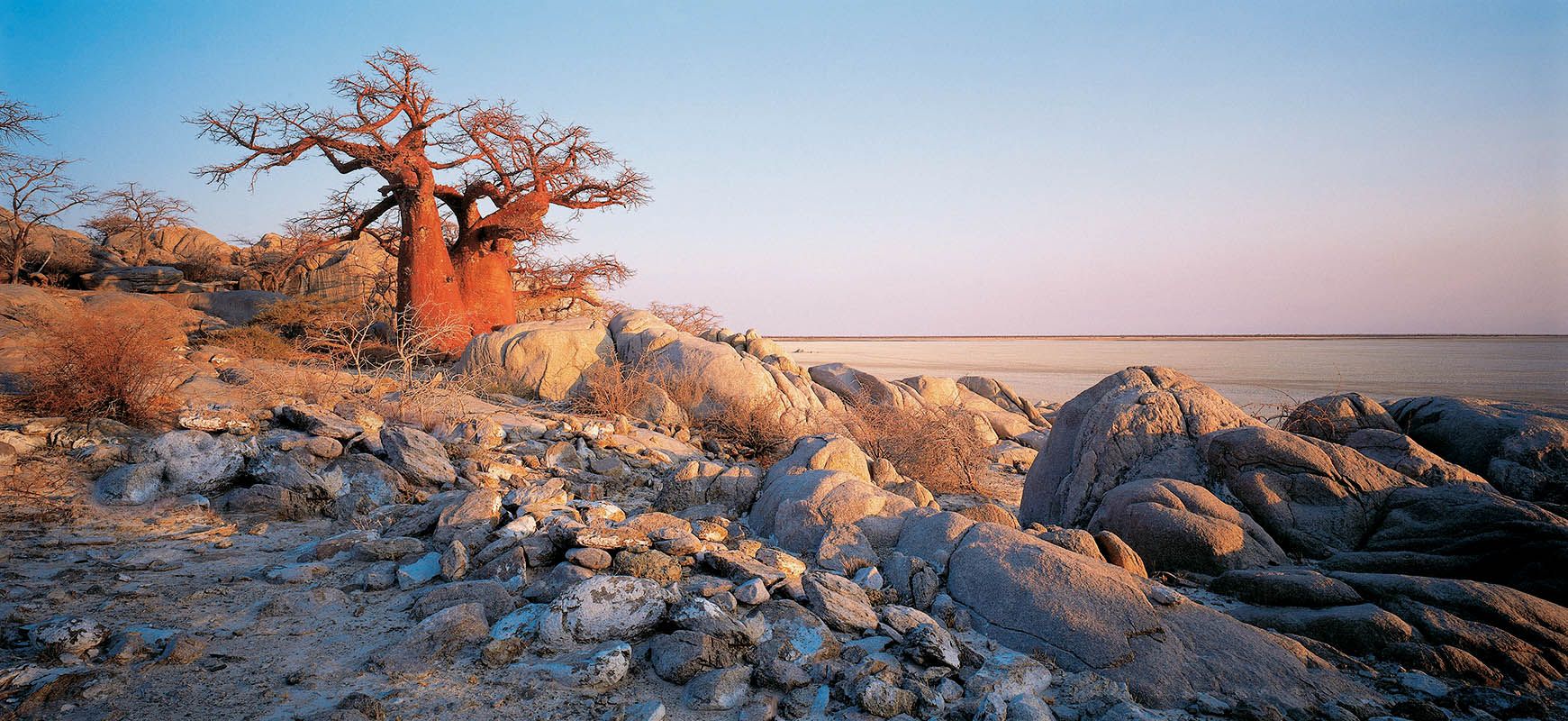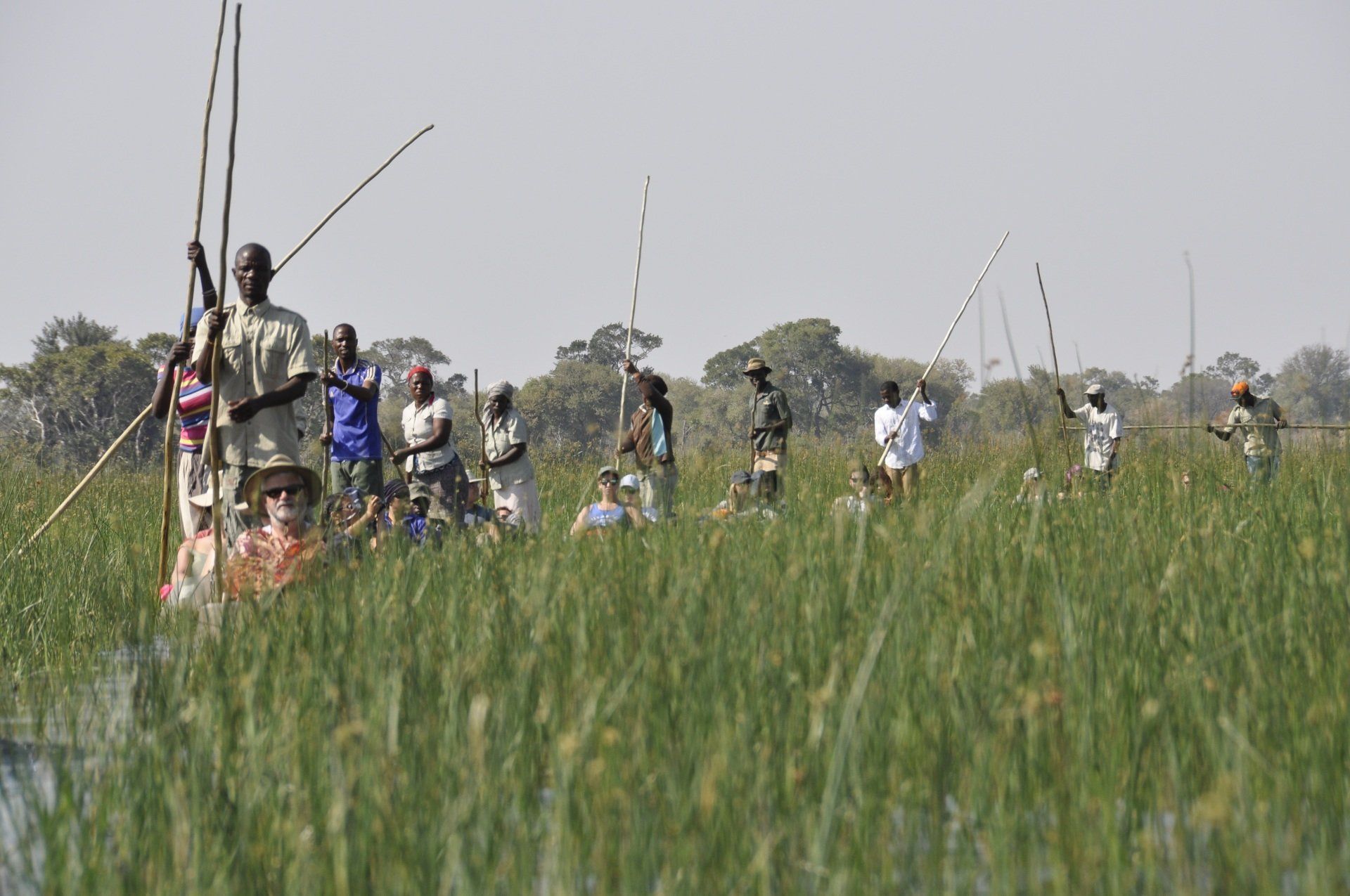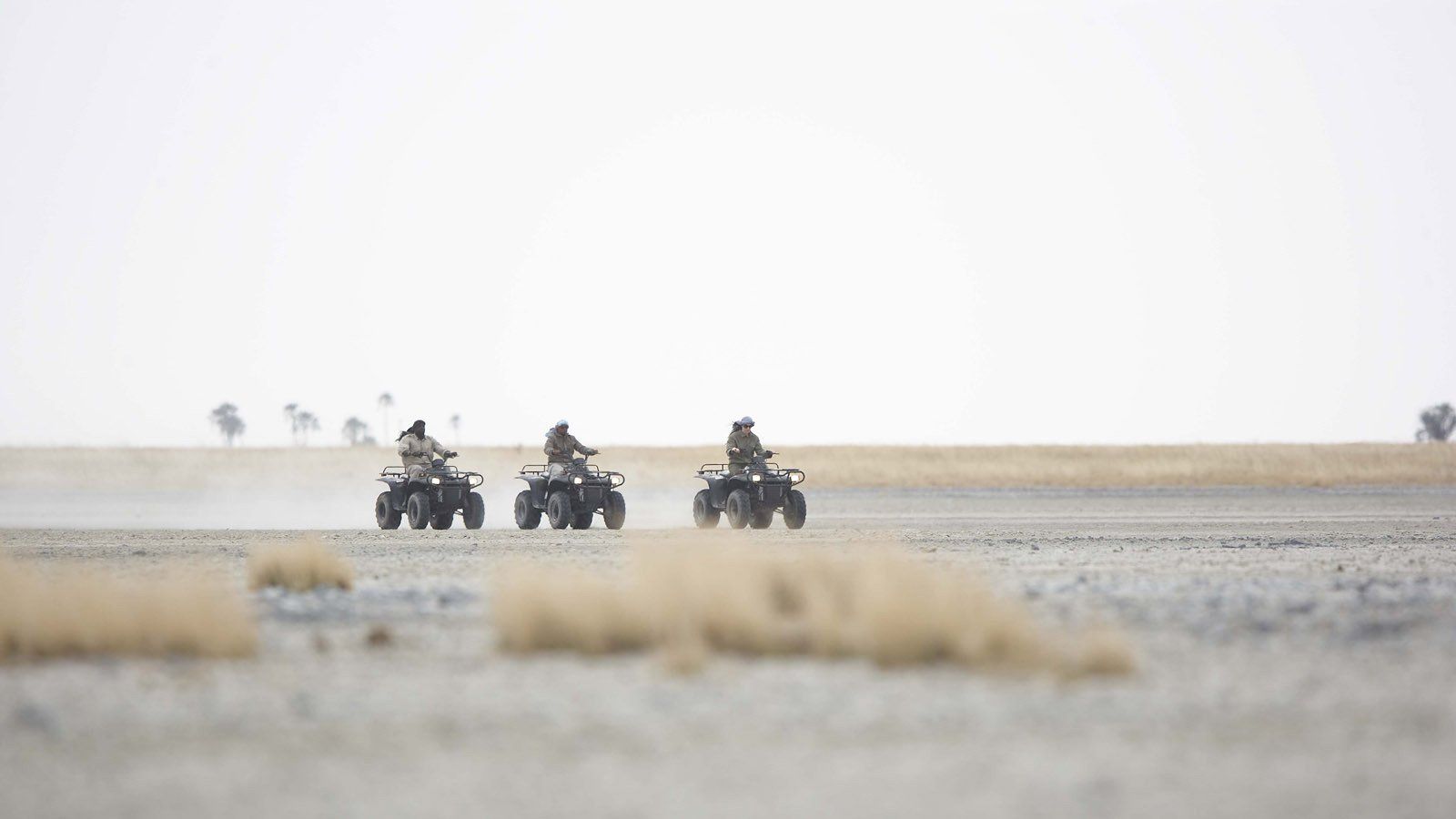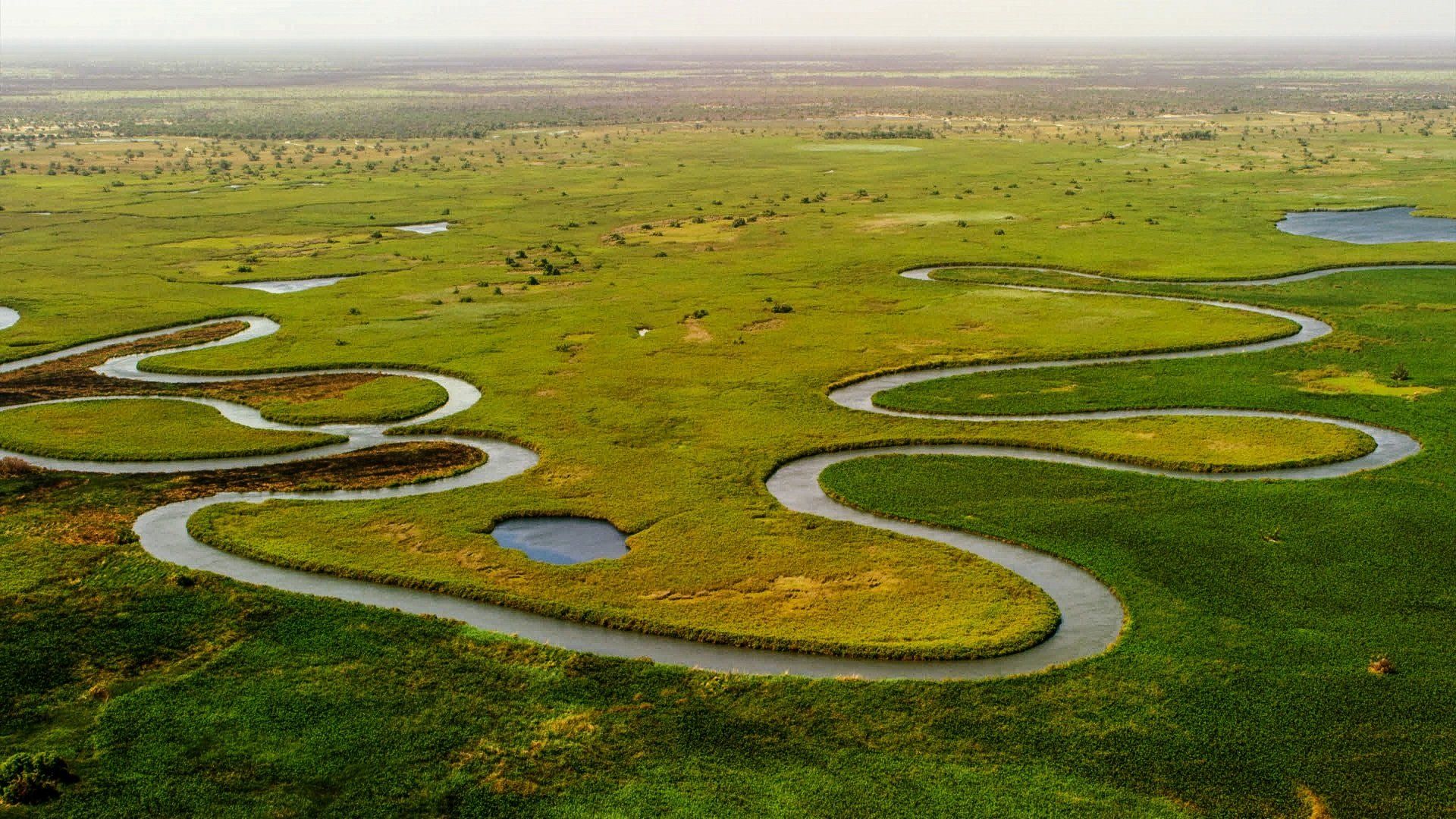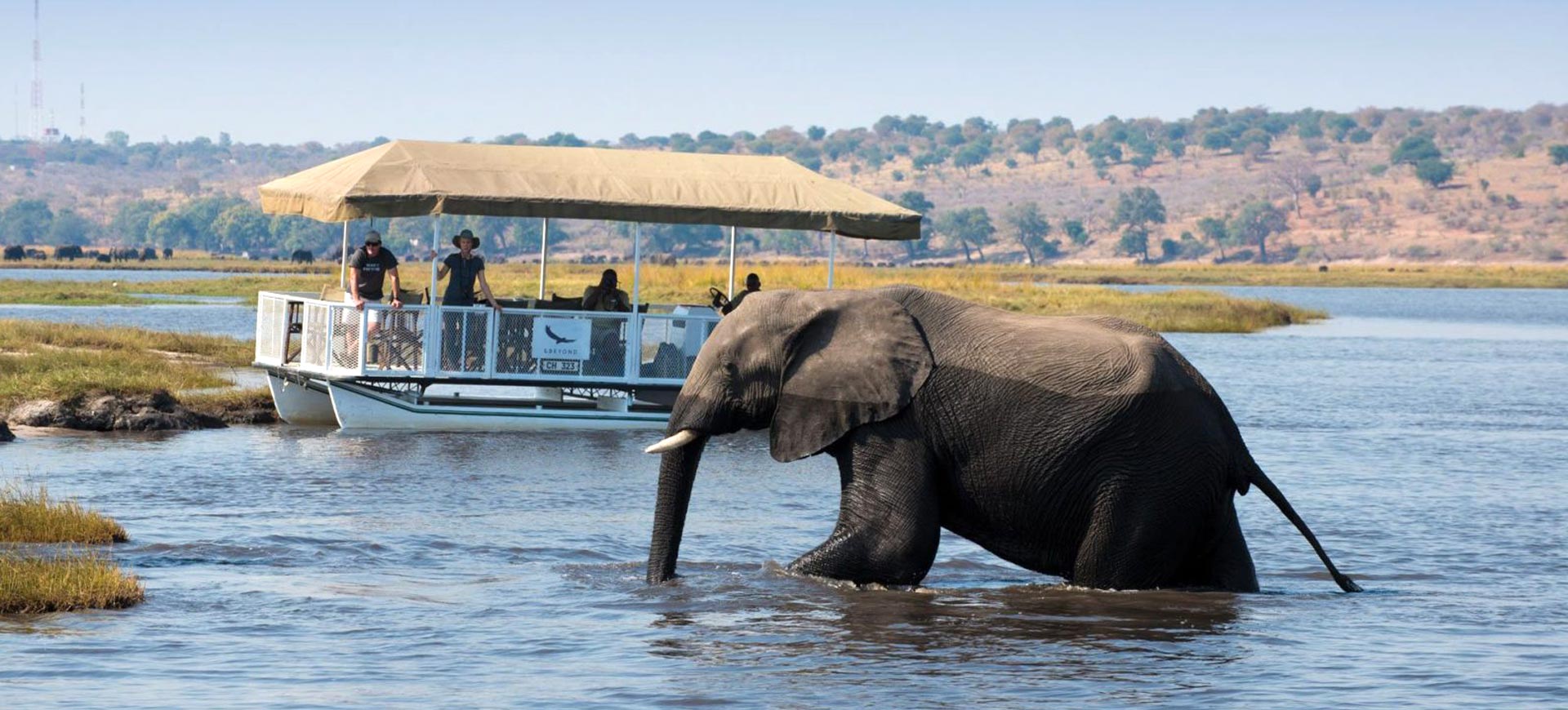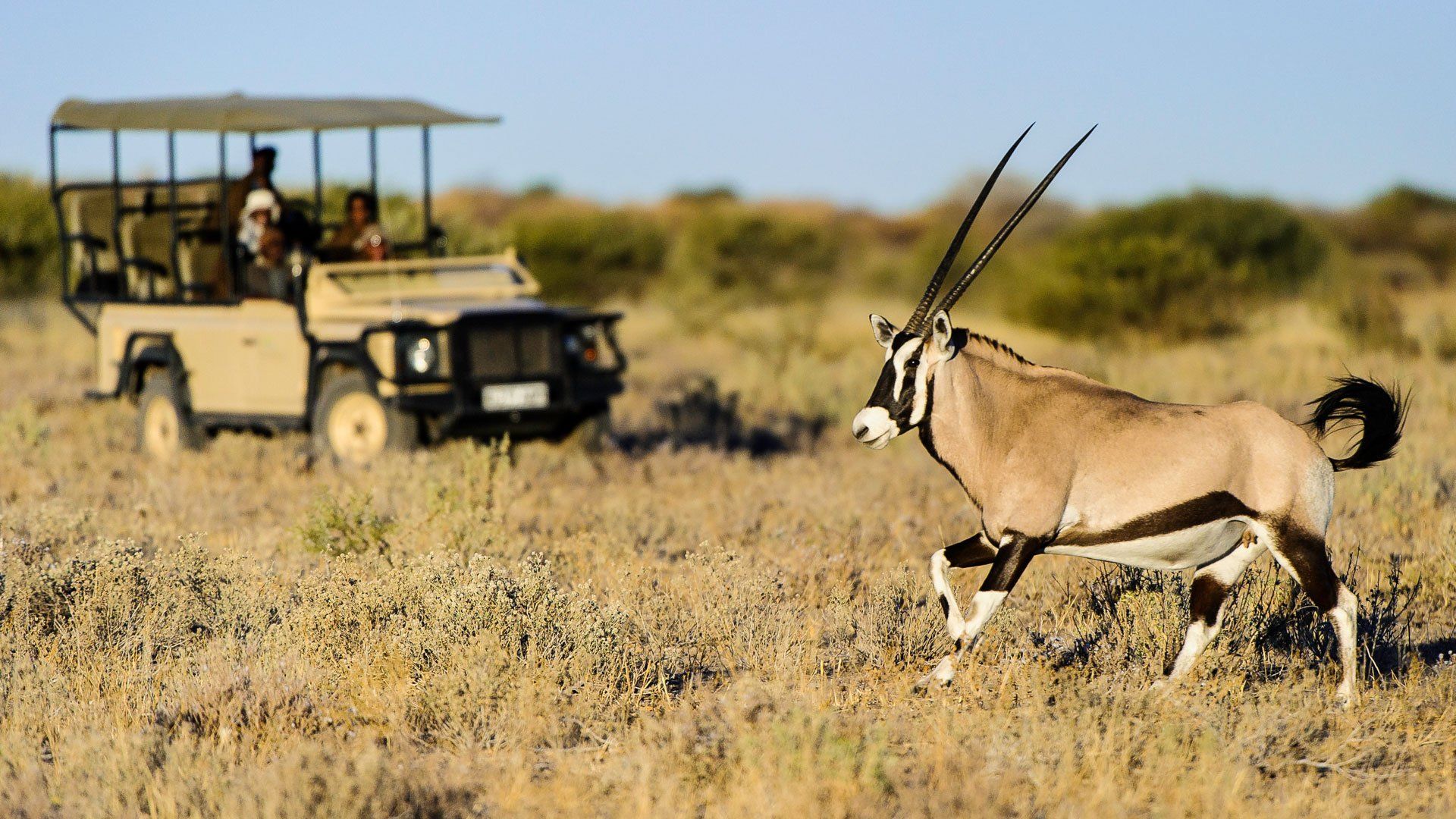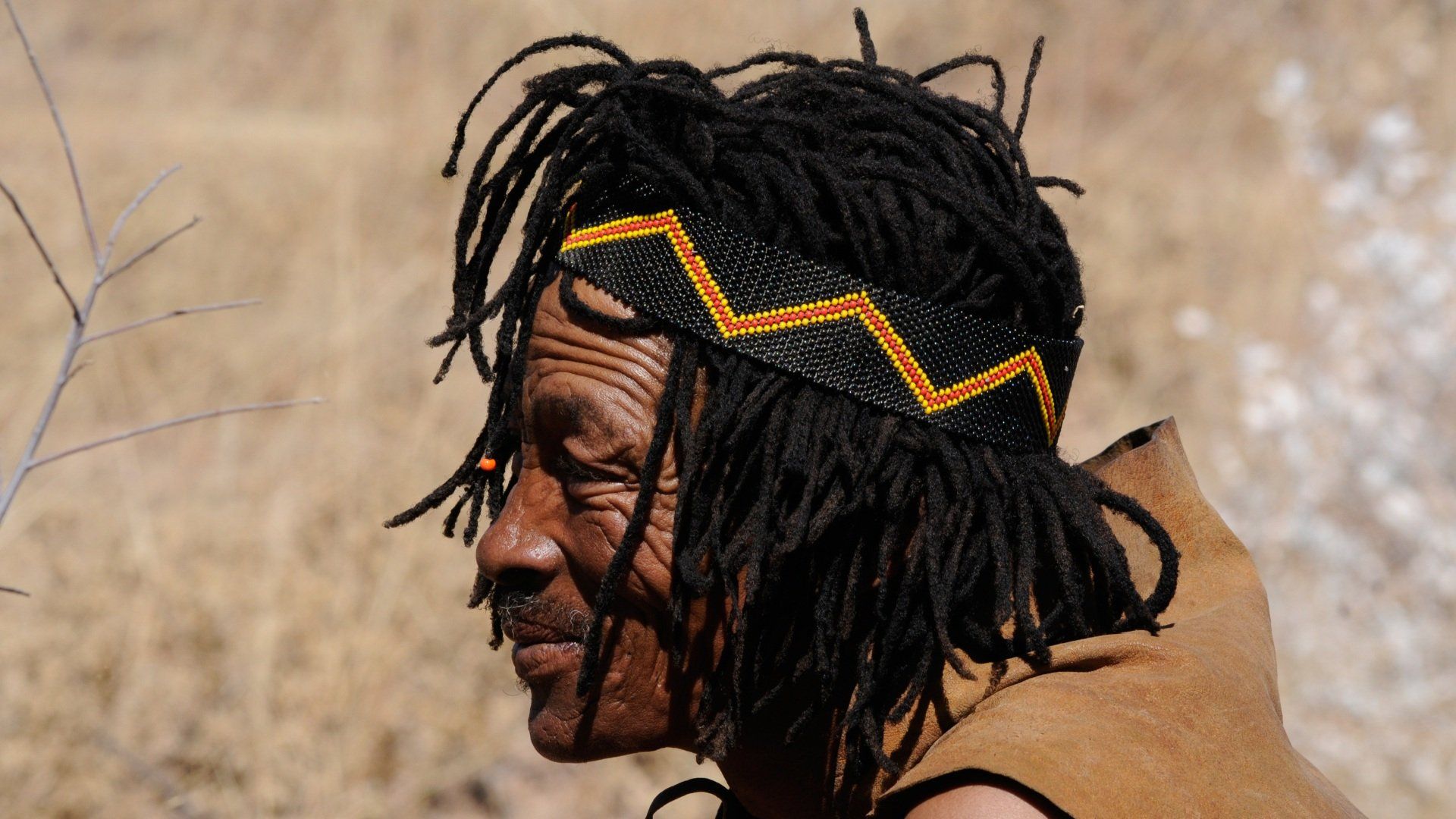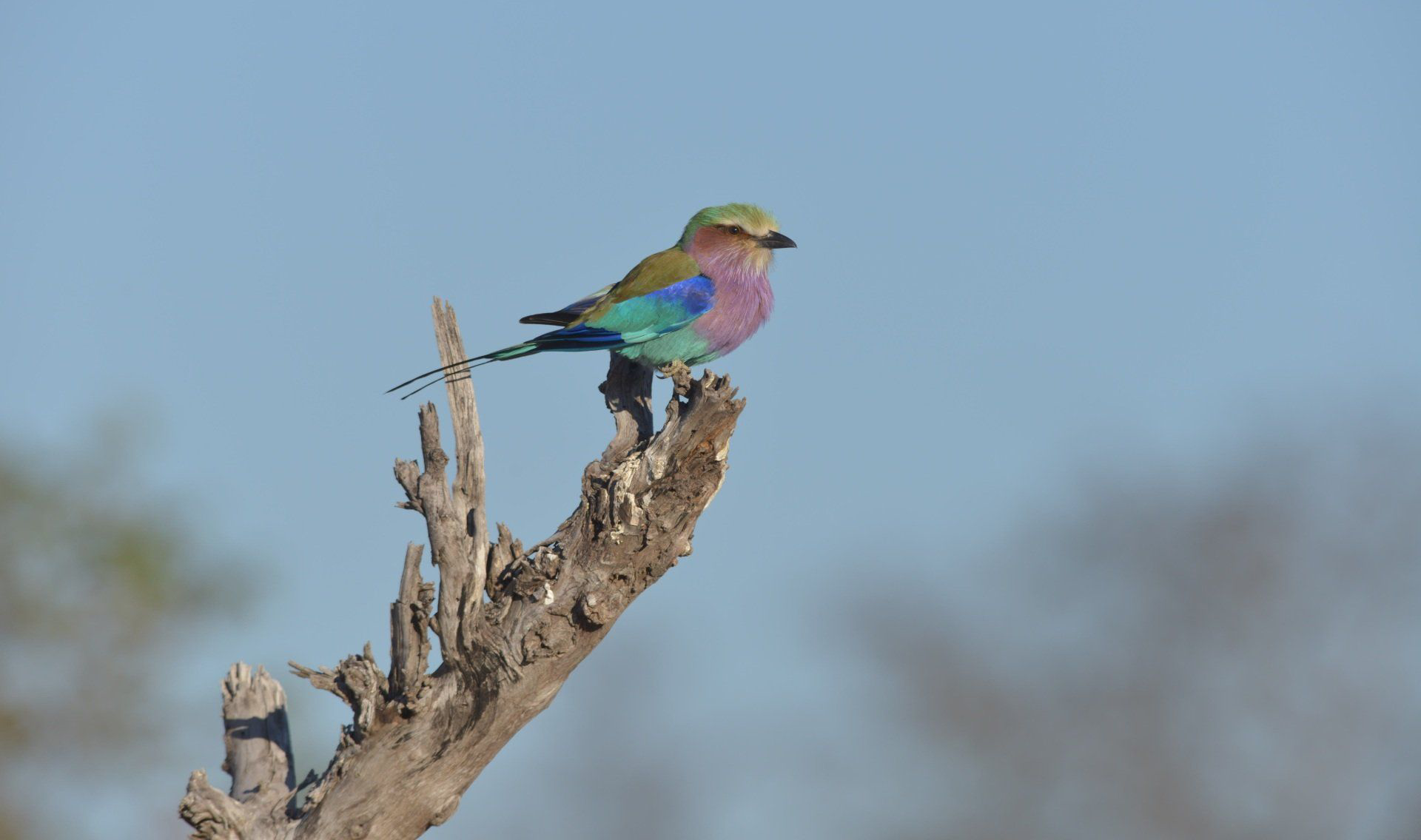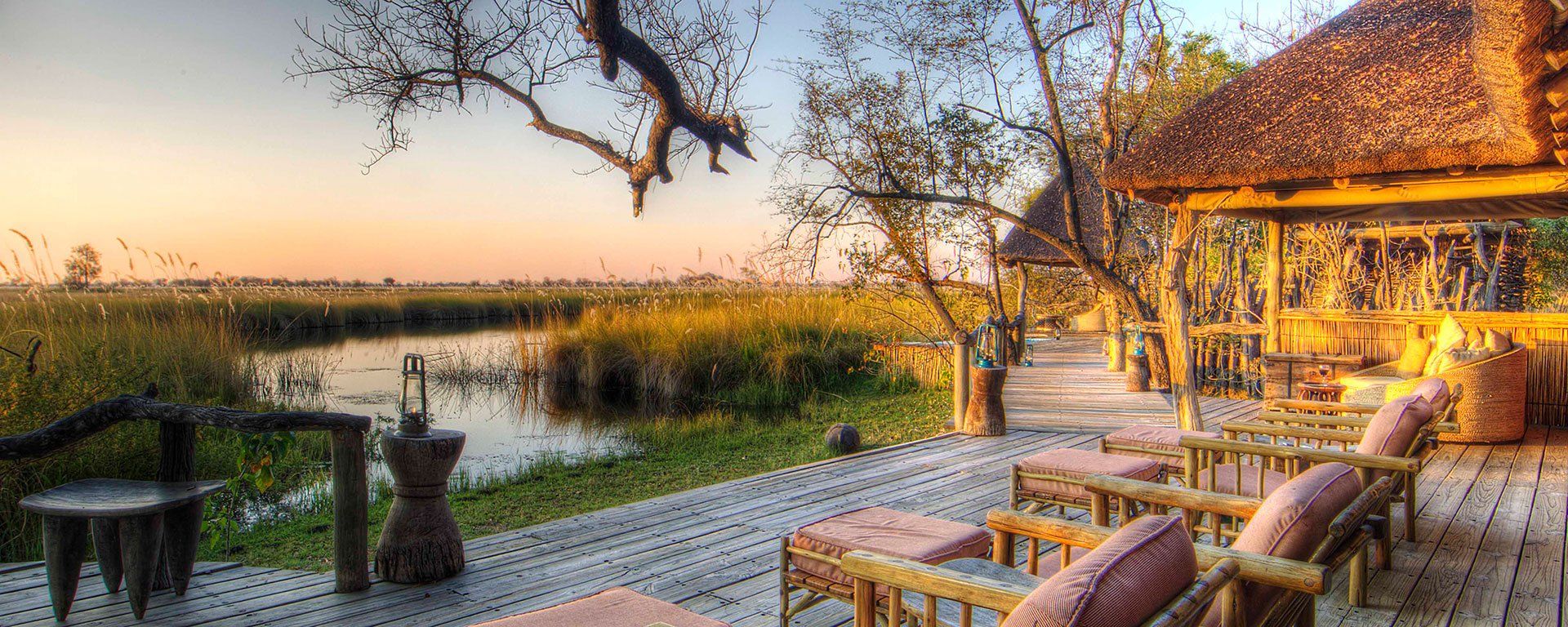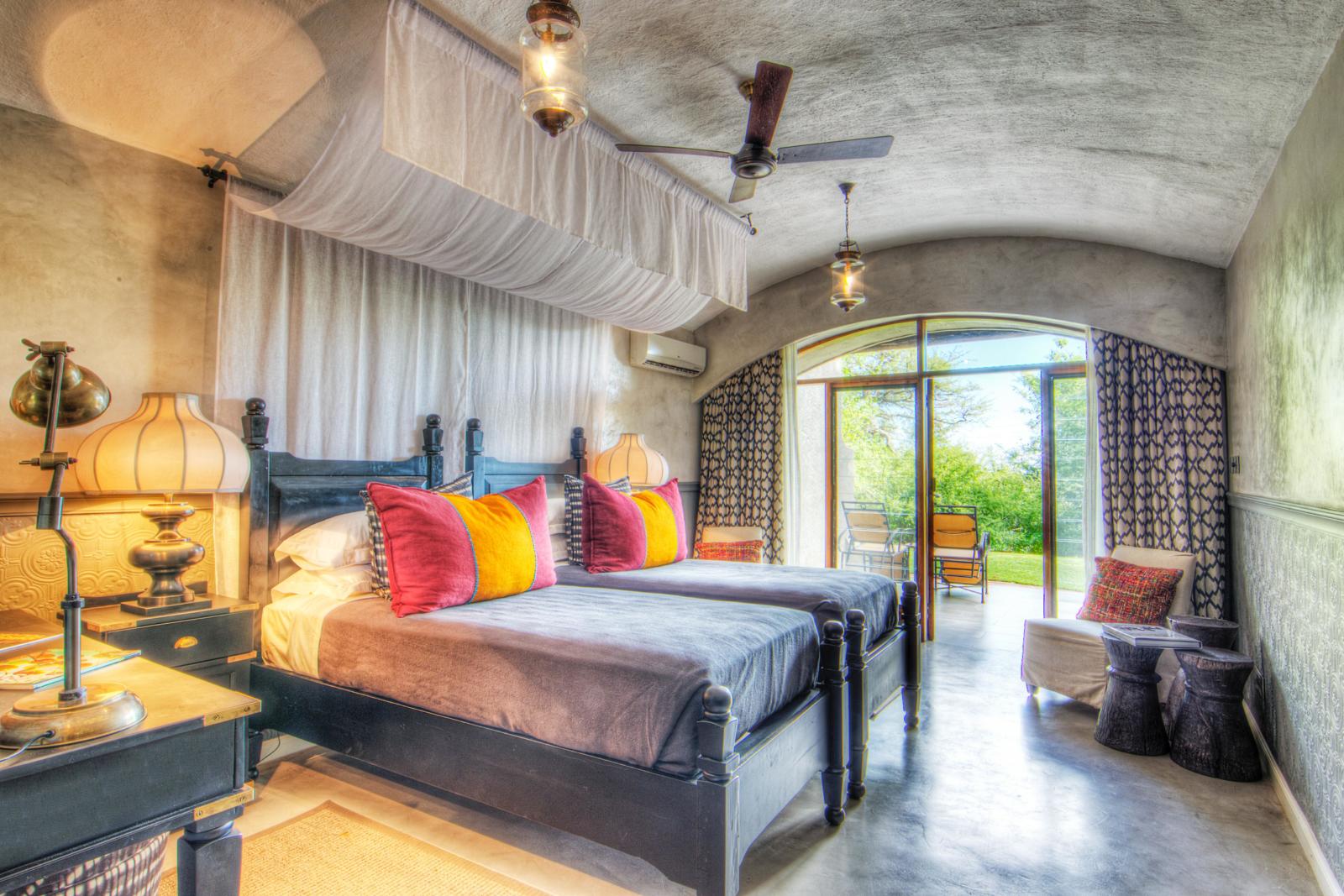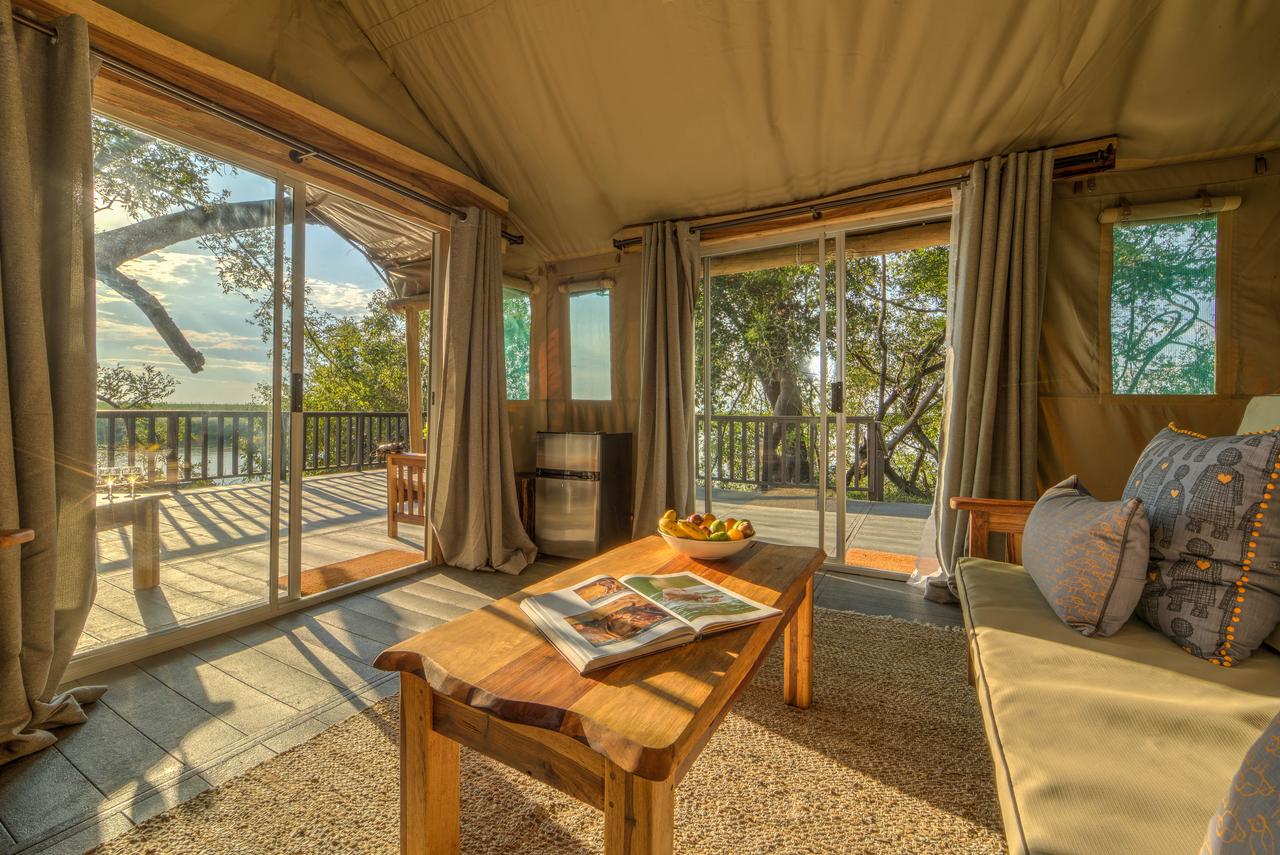Botswana
Welcome to beautiful Botswana!
One of Africa's most popular safari destinations, the land-locked country of Botswana is home to some of the most incredible and plentiful wildlife on the continent. Almost 80% of the country is covered by the vastness of the Kalahari desert, but in the middle of this mostly parched and arid landscape is one of the wonders of the natural world - a river that never reaches the sea but that instead spills its waters into the Kalahari basin, flooding it with life-giving water and creating one of the most iconic and beautiful places on Planet Earth - the Okavango Delta.
Fed by rainfall in the Angolan highlands, the Kavango River empties into a distinctive alluvial fan that can be seen from space. This seasonal flood - which reaches the Delta between March and June each year, peaking in July, coincides with the height of the dry season, creating a pristine 15,000 sq km wilderness that's also one of the world's greatest wetlands and a UNESCO World Heritage Site.
The rising waters bring with them mass migrations of plains game and the Delta is home to huge herds of elephant and buffalo, as well as a diverse array of predator species including lion, leopard, serval, caracal, cheetah and African wild cat, as well as the painted wolf (African wild dog), which move between its islands in search of prey like the red lechwe, puku, zebra and wildebeest.
From Shakawe up on the northern panhandle down to the bustling safari town of Maun at its southern tip, the Delta offers incredible safari lodges and camps allowing visitors to immerse themselves in wild Africa at its very best.
While the Okavango is undoubtedly Botswana's main tourism hotspot, this country also has more to offer the avid Safari goer, providing for a varied and exciting African safari. From the breathtaking Chobe National Park and the marshes of Savuti, Selinda and the Linyanti region in the north to the vast Makgadikgadi Pans, the arid Central Kalahari and the Kgalagadi Transfrontier Park, Botswana is blessed with superlative game viewing and a diverse range of accommodation options, from rustic bush camps to luxury lodges.
Botswana is also one of the world's leading sustainable and responsible tourism destinations and has pioneered the concept of high-end, low-impact tourism that directly benefits Botswana's people as well as its celebrated, but fragile eco-systems. Whether you are camping out on Kubu Island in the Makgadikgadi or pampering yourself in a luxurious, exclusive lodge in the heart of the Delta, your safari package will be contributing to both conservation and communities.
Why Go?
If you are looking for a 100% authentic African safari experience, then Botswana is most definitely the destination of choice. Its wilderness areas are beyond compare and will connect you with the beating heart of the African bush as well as giving you the opportunity to view iconic wildlife species at incredibly close quarters.
Here at Best African Safaris we specialise in giving our clients unique access to Botswana, thanks to our considerable experience and years of exploring this wonderful African nation. It's this expertise that allows us to offer you unparalleled access to some of Botswana's most unique and unbeatable safari destinations and experiences.
All of our Botswana tours are personally guided and tailored to include destinations that will give you one of the most extraordinary safaris Africa has to offer. They are filled with incredible activities, from walking safaris and helicopter flips to mokoro adventures and quad-biking across the Makgadikgadi Pans.
Meet Africa's First People - the San bushmen - with interactive cultural tours that will teach you more about their fascinating heritage and traditions and explore the arid expanses of the Kalahari where the beautiful black-maned lions roam.
Botswana is a photographer's dream and no matter whether you're a keen amateur, a semi-pro or seasoned professional, you'll be spoiled for choice when it comes to subject matter. Cruise the waters of the Chobe River capturing yellow-billed storks on their nests and African fish eagles in flight, or zoom in on the enormous herds of elephant and buffalo that make Chobe National Park legendary the world over. Or just sit quietly on an evening in the Okavango Delta and marvel at the billions of stars overhead...
Talk to us today about putting together your next safari to Botswana...
Botswana - Want to find out more?
Where To Go
Map
Make use of our convenient and interactive map to explore the suggested hotspots and highlights for your Best African Safaris tour of Botswana!

